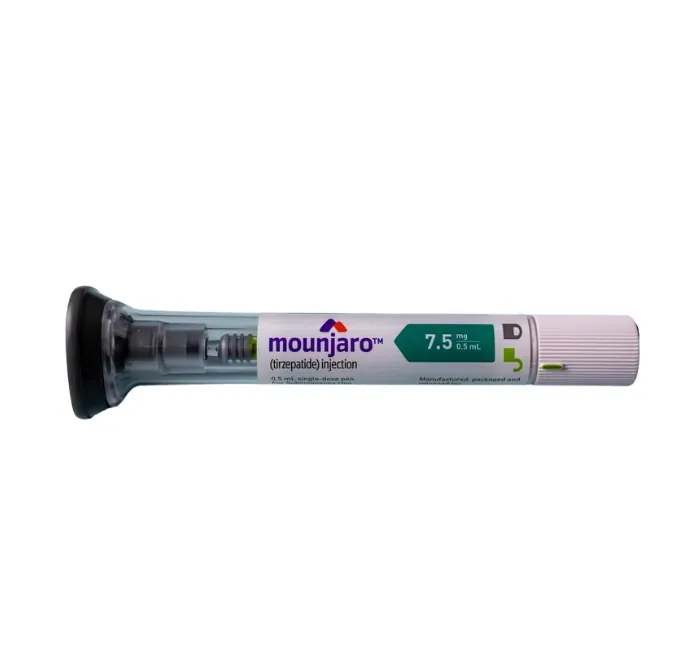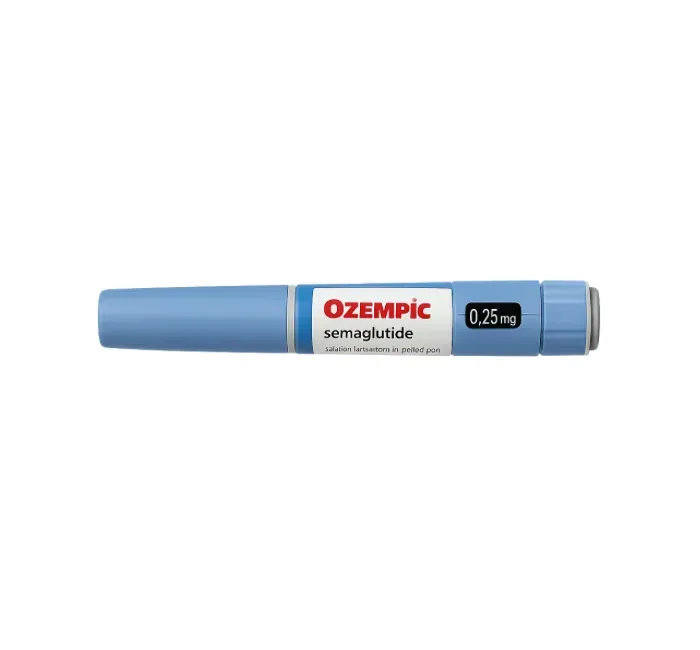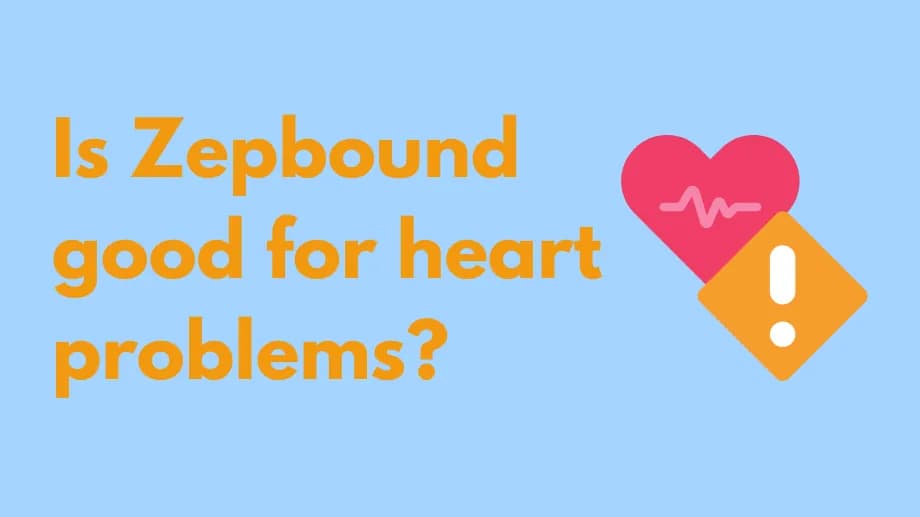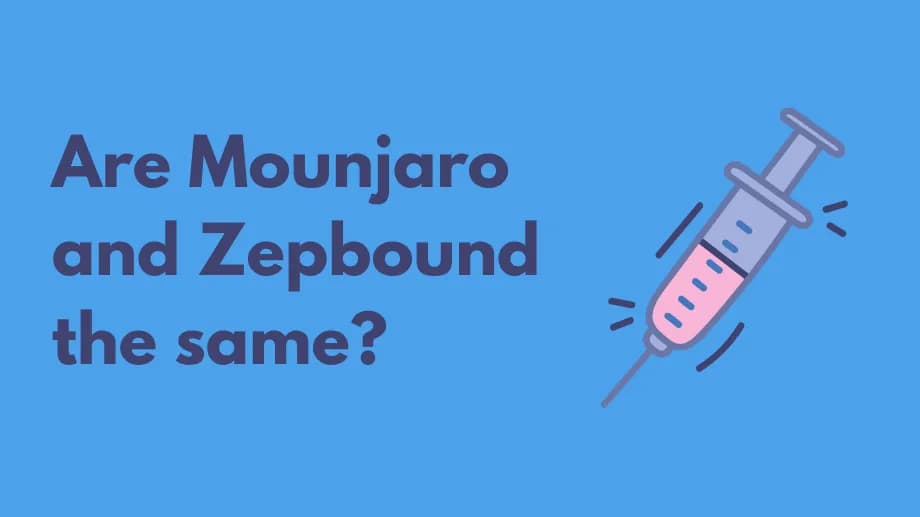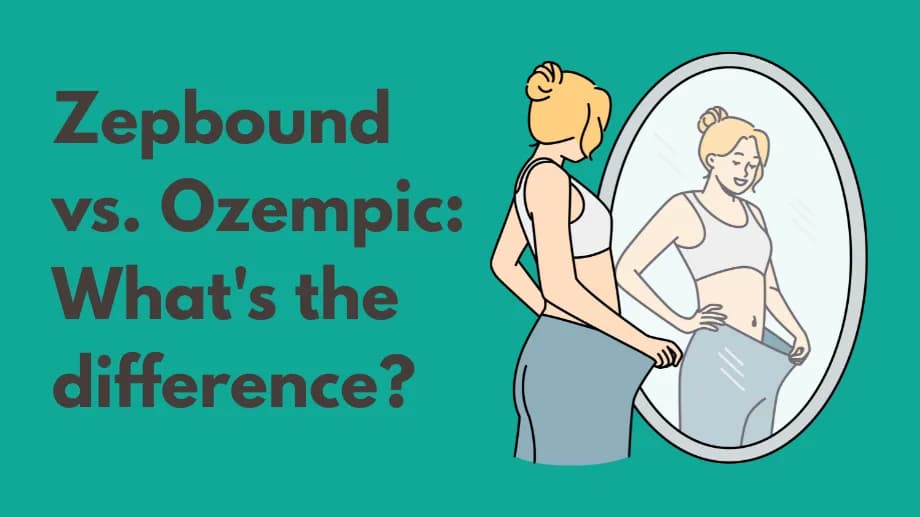Will BCBS cover Zepbound?
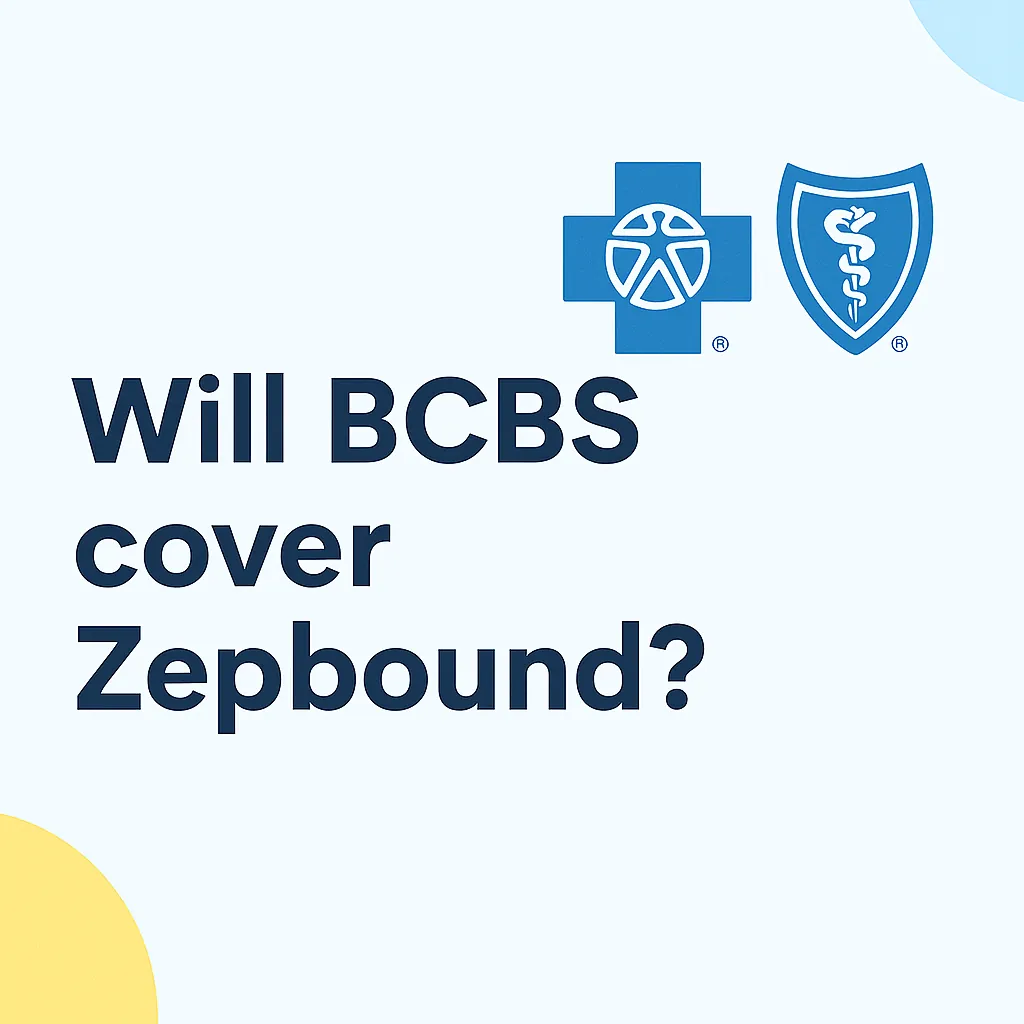
Blue Cross and Blue Shield Association may cover Zepbound, but the coverage of this prescription medication will vary based on your specific pharmacy benefits. It is important to check your health plan or contact your insurance directly to know the coverage criteria for Zepbound. If your plan covers Zepbound, there may be some specific requirements you should meet, such as:
- You have to meet the FDA’s requirements for Zepbound, which include being an adult who is at least 18 years old and above, having a body mass index (BMI) of 30 or higher or a BMI of 27 or higher, with at least one weight-related condition such as type 2 diabetes (T2DM), cardiovascular disease, hypertension (high blood pressure), or obstructive sleep apnea.
- Your plan may also require prior authorization or step therapy before they cover Zepbound. This will require your doctor to contact your plan to determine if you have met certain requirements or have tried other medications and failed them.
- Blue Cross Blue Shield may also require you to have actively participated in a lifestyle modification program through exercise and diet for at least 6 months if you use weight loss drugs such as Zepbound, Contrave, Saxenda, Qsymia, Wegovy, or Xenical.
If you have questions about the requirements of your insurance plan, call the number on the back of your member ID card.
Zepbound FAQs
What is Zepbound used for?
Zepbound (tirzepatide) is a glucagon-like peptide-1 (GLP-1) and glucose-dependent insulinotropic polypeptide (GIP) receptor agonist that is FDA-approved along with increased physical activity and a reduced-calorie diet for chronic weight management in adults with a starting body mass index (BMI) of:
- 30 kg/m^2 or higher (obesity)
- 27 kg/m^2 or higher (overweight) with at least one weight-related condition such as high cholesterol, high blood pressure (hypertension), type 2 diabetes, heart disease, or obstructive sleep apnea.
How does Zepbound work?
The active ingredient in Zepbound is tirzepatide, a GIP and GLP-1 receptor agonist. Zepbound works by acting like GLP-1 and GIP, 2 hormones released in your gut that are involved in the regulation of blood sugar and appetite. GLP-1 and GIP target areas in your brain to help decrease appetite and slow down digestion to help you feel full faster and longer. This can help you eat less and is what makes Zepbound an effective weight loss medication. They also stimulate your pancreas to release insulin, which reduces your blood sugar levels.
What are the side effects of Zepbound?
The most common side effects of Zepbound in clinical trials when compared to placebo include:
- Nausea
- Diarrhea
- Vomiting
- Indigestion
- Constipation
Some other possible side effects of Zepbound include:
- Burping
- Fatigue
- Stomach pain
- Hair loss
- Injection site reactions
- Dizziness
Zepbound may also cause more serious side effects including:
- Serious allergic reactions, including: hives, swelling of your throat and tongue, trouble breathing
- Increased risk of thyroid cancer or thyroid tumors
- Pancreatitis (inflammation of your pancreas)
- Kidney damage including kidney failure
- Gallbladder problems including gallstones
- Hypoglycemia (dangerously low blood sugar)
- Vision changes in people with type 2 diabetes (diabetic retinopathy)
- Worsening depression or suicidal thoughts
Disclaimer: These are not all of the possible adverse events of Zepbound. You should always seek medical advice from a healthcare professional for any questions or concerns about your medical condition or treatment. You should also read all the patient information, including your Medication Guide that comes with Zepbound. You can report side effects to the FDA at 1-800-FDA-1088 or www.fda.gov/medwatch.
Are there Boxed Warnings with Zepbound?
The Food and Drug Administration (FDA) recommends people who have a personal or family history of medullary thyroid cancer (MTC) should not use Zepbound along with people with Multiple Endocrine Neoplasia syndrome type 2 (MEN 2). You should also avoid this medication if you are allergic to tirzepatide or any inactive ingredient in this product.
Shop Medications
What precautions are there with Zepbound?
You should be sure your healthcare provider is aware of all your medical problems as they may be contraindications or you may need increased monitoring during treatment, including if you:
- Currently have or have a history of kidney or pancreas problems.
- Have severe stomach problems such as slowed emptying of your stomach (gastroparesis) or problems with digesting food.
- Currently have or have a history of diabetic retinopathy.
- Are pregnant or plan on becoming pregnant.
- Are breastfeeding or plan on breastfeeding.
Oral birth control pills may not work as well if you take Zepbound. You will need to use another type of birth control for 4 weeks after starting this medication and for 4 weeks after each increase in your dose of Zepbound. Talk to your healthcare provider about which alternative birth control methods may be right for you.
What drug interactions are there with Zepbound?
When Zepbound is taken with other prescription drugs, over-the-counter medications, vitamins, herbal products, and supplements, it may change how they work or increase the risk of side effects. Be sure to tell your healthcare provider about all your current medications, including:
- Other medications that can lower your blood sugar such as insulin.
- Oral medications, since Zepbound slows down digestion and can change how much these medications are absorbed.
How much does Zepbound cost?
With an average retail cost of almost $1,300 for a month’s supply, it would be hard for most people to afford this medication if they do not have insurance coverage or if their insurance plan does not cover it. To help with this, Eli Lilly worked to have brand-name Zepbound added to the preferred formulary (drug list) of many of the top health insurance companies such as Cigna Healthcare and Express Scripts. They also launched a Zepbound Savings Card Program that may help cover some of your out-of-pocket costs or copays.
Eligible adult patients with commercial insurance can pay as little as $25 for a 1-month or 3-month prescription at participating pharmacies through this program. However, you cannot use this savings card if you are enrolled in any state, government, or federal-funded healthcare program, including, Medicare, Medicare Part D, Medicare Advantage, Medicaid, Medigap, Department of Defense, TRICARE/CHAMPUS, VA, or any state prescription drug assistance program. You can save up to a maximum of up to $150 per 1-month prescription, $300 per 2-month prescription, or $450 per 3-month prescription of Zepbound with a maximum annual savings of up to $1,800 per calendar year.
For those whose insurance does not cover Zepbound, you may pay as low as $550 for a one-month prescription, or about half the drug’s list price. With this option, you can save up to a maximum of $563 off your 1-month supply of Zepbound with a maximum annual savings of up to $7,319 per calendar year. For more information on eligibility requirements, you can call 1-800-LillyRx (1-800-545-5979) or visit www.zepbound.lilly.com.
You cannot combine or utilize the savings card with any other program, coupon, discount card, cash discount card, incentive, or any similar offer involving Zepbound.
Can you take Zepbound together with Wegovy or Ozempic?
Because they work in similar ways, your healthcare provider will not prescribe these medications together. You will also not be prescribed Zepbound if you take other medications containing tirzepatide (the active ingredient in Zepbound), such as Mounjaro, or any other weight loss products, including prescription drugs, over-the-counter medications, or herbal products.
Related Medications
- Mounjaro (tirzepatide)
- Wegovy (semaglutide)
- Ozempic (semaglutide)
- Rybelsus (semaglutide)
- Trulicity (dulaglutide)
- Victoza (liraglutide)
- Saxenda (liraglutide)
